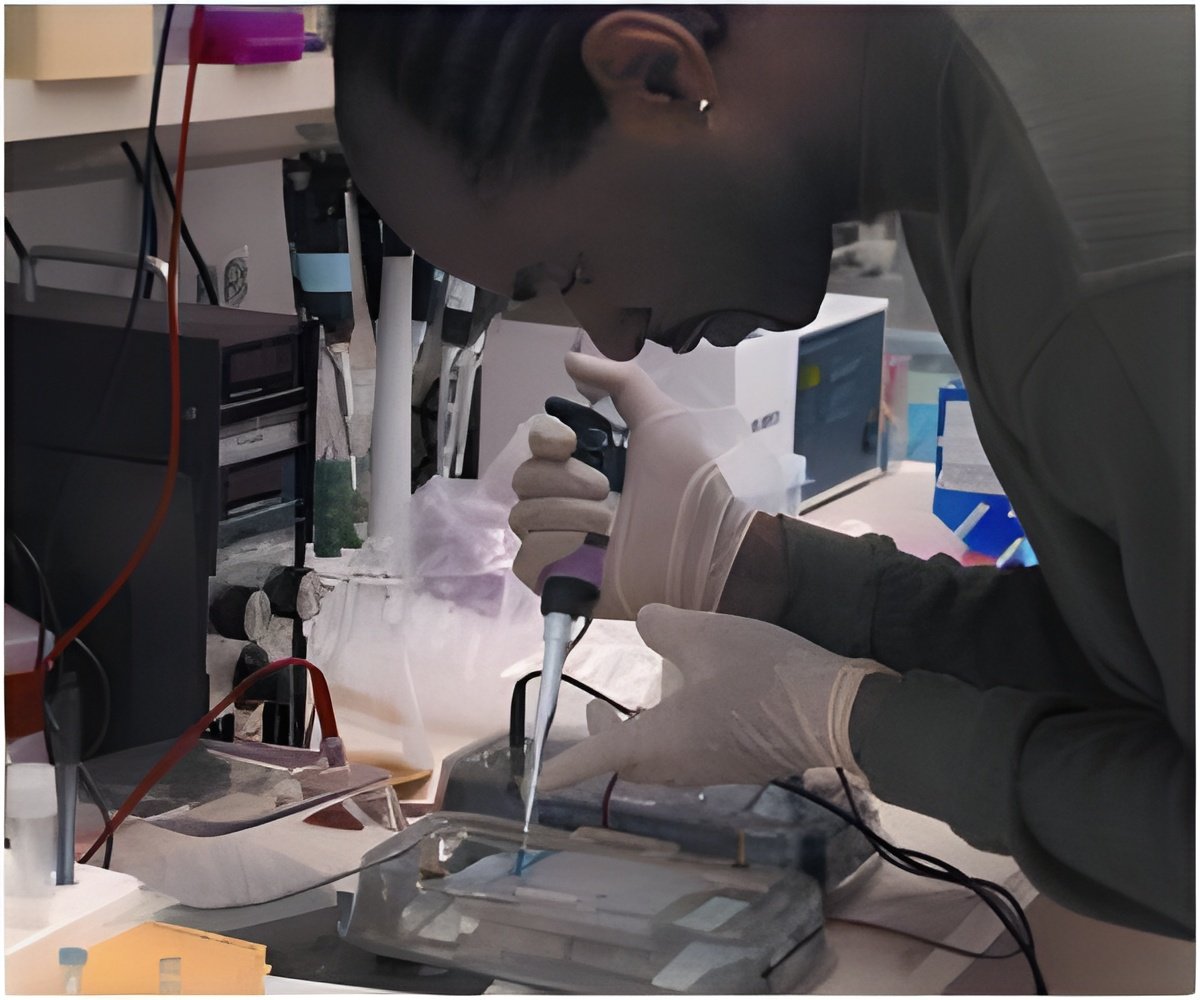
The authors say: "Global and local research, particularly if it can be conducted in parallel in high-income countries and middle- and low-income countries, can provide powerful arguments for the need to act globally."
Non-communicable disease research in high-income countries and low- and middle-income countries has other mutual advantages, such as discovering new causes of non-communicable diseases, replicating and extending findings, and exploring links between infectious diseases and non-communicable diseases.
Also, different non-communicable diseases are at varying stages of needing research, policy development, and action. These stages range from not knowing the population burden of many non-communicable diseases to knowing all that is necessary to take action.
The authors argue for changes in the global and national funding agendas to strengthen the research and health system capacity for non-communicable diseases, which should reduce deaths and disability.
The authors say: "The time has now come for all health-related research and development funders—global, regional, and national— to acknowledge the existence of non-communicable diseases and rise to the challenges they present."
Advertisement
Source-Eurekalert










